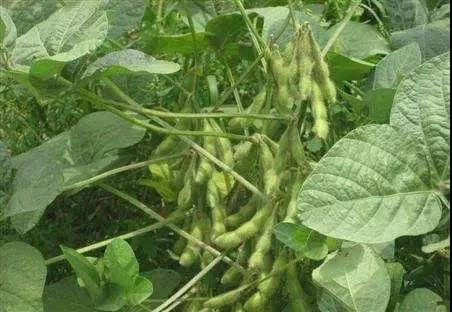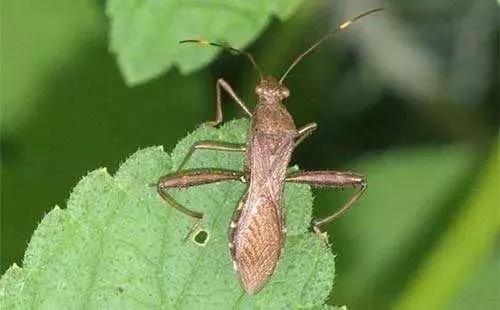

Experts from the national soybean industry technology system have made a study to clarify that the imbalance between source and sink caused by the bee stalks and seeds is the root cause of the phenomenon of "symptoms". On this basis, the research proposed a chemical prevention and control program for the bee sting. Experts suggest that spraying insecticides such as imidacloprid, fenvalerate, chlorantran and thiamethoxam from the flowering stage of soybeans, spraying once every 7-10 days, even spraying 2-3 times, can effectively prevent and control the bees. The cause of harm and the "clinical" occur. Shi Shushen, a scientist in the prevention and control of diseases and pests in the soybean system, and a professor at Jilin Agricultural University pointed out that the flying bee has a fast flying speed, strong mobility, and many hosts. The prevention and control work needs to implement the "government-led, territorial management, joint prevention and control" major diseases. The pest control and prevention work mechanism, multi-sectoral and multi-regional cooperation to implement large-scale unified defense. Wu Cunxiang, a scientist at the Huanghuaihai cultivation station of the soybean system and a researcher at the Crop Science Research Institute of the Chinese Academy of Agricultural Sciences, introduced the prevention and control technology developed by the application system of the Lucheng City in Shandong Province in 2018, and carried out a flight control of the 50,000-mu Qihuang 34. No "sick green" field was found, and the average yield per mu was over 250 kg, and the control effect was remarkable.
It is understood that the national soybean industry technology system is on the basis of finding the cause of the "symptoms" and the prevention and control methods of the research and development point, and is organizing experts to carry out all-round development of the occurrence rules, transmission routes and damage mechanisms of the bee stings. Multidisciplinary cooperation research, in order to establish a mechanism for early detection and measurement of bee stings, optimize and improve green control programs, cultivate insect-resistant varieties, and alleviate the threat of "sickness" on soybean production. "We have confidence in winning the battle against soybeans," said Han Tianfu, chief scientist of the National Soybean Industrial Technology System and a researcher at the Crop Science Institute of the Chinese Academy of Agricultural Sciences.
Contact: Mr. Ma
Phone: +86-0374-5699688
Tel: +86-0374-5699688
Email: [email protected]
Add: Fine Chemical Industry Park, Jianan District, Xuchang, Henan, China